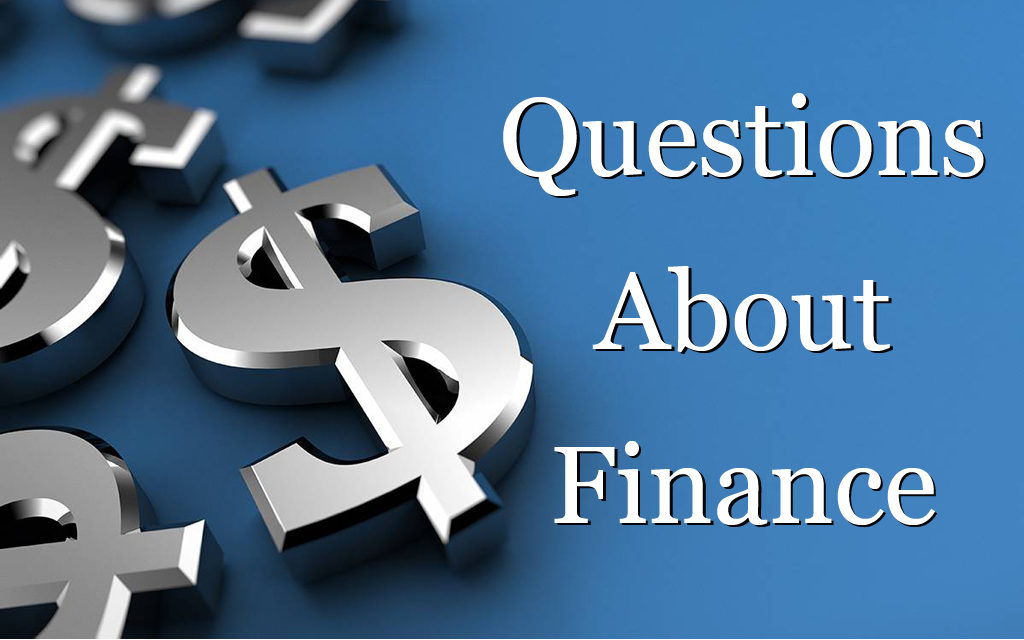By Taylor J. Kovar, CEO – Kovar Wealth Management
Hey Taylor: I’m usually a fan of Dave Ramsey, but he posted something recently about how a good credit score is a bad thing and I got a little confused. Any idea what he’s talking about and if it actually makes sense? – Alex
Hey Alex: I read the post you’re talking about—a good credit score is just a symptom of being in love with debt—and I’m going to go ahead and disagree with Mr. Ramsey. I understand his point, but feel like it oversimplifies debt, credit, and how the system works.
- The gist. To Dave’s credit, he’s a big advocate of living debt-free. I can’t fault that belief, though that’s the driving force behind him saying people shouldn’t strive to improve their credit scores. It’s very true that a lot of people live beyond their means while having good credit on paper. It’s also true that good credit should not come at the expense of bad debt. Fortunately, and contrary to Dave Ramsey’s post, the two aren’t mutually exclusive.
- The credit score. To get any sort of credit score, you need to have a transaction history with creditors. This includes banks, credit cards, mortgage lenders, student loan providers, etc. The longer you’ve had accounts in good standing, and the more unused credit you have, the better your score will be. Essentially, all you have to do is be smart with your money and your score will go up, which will make it that much easier to buy a house and make big investments down the road. To say a credit score is only an indicator of how much debt you’ve suffered through ignores the fact that you need a good credit score to buy a house, lease a car, or even open up a new line of credit without getting a soul-crushing APR. Your FICO score absolutely matters, and while there are ways to live life without one, it’s a lot easier to just spend wisely and watch your credit improve.
- The right strategy. If you try too hard to get a good score, you might fall into some of the traps Dave Ramsey warns about. Instead, use one credit card and pay it off every month. If you lease a car or take out a small personal loan and pay it back quickly, you’ll typically see your score go up. As long as you spend within your means and budget well, you can use credit without ever falling into debt. Then you’ll get that attractive credit score, which will save you money in the long run when you start making bigger purchases.
Can you live without a credit score? Sure, if you’ve got the means. Is it easier to live with a good credit score and a smart spending plan? No doubt about it, even if Dave Ramsey himself says otherwise. Thanks for the question!





